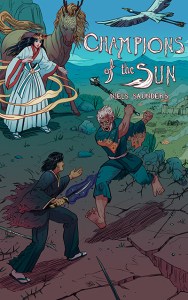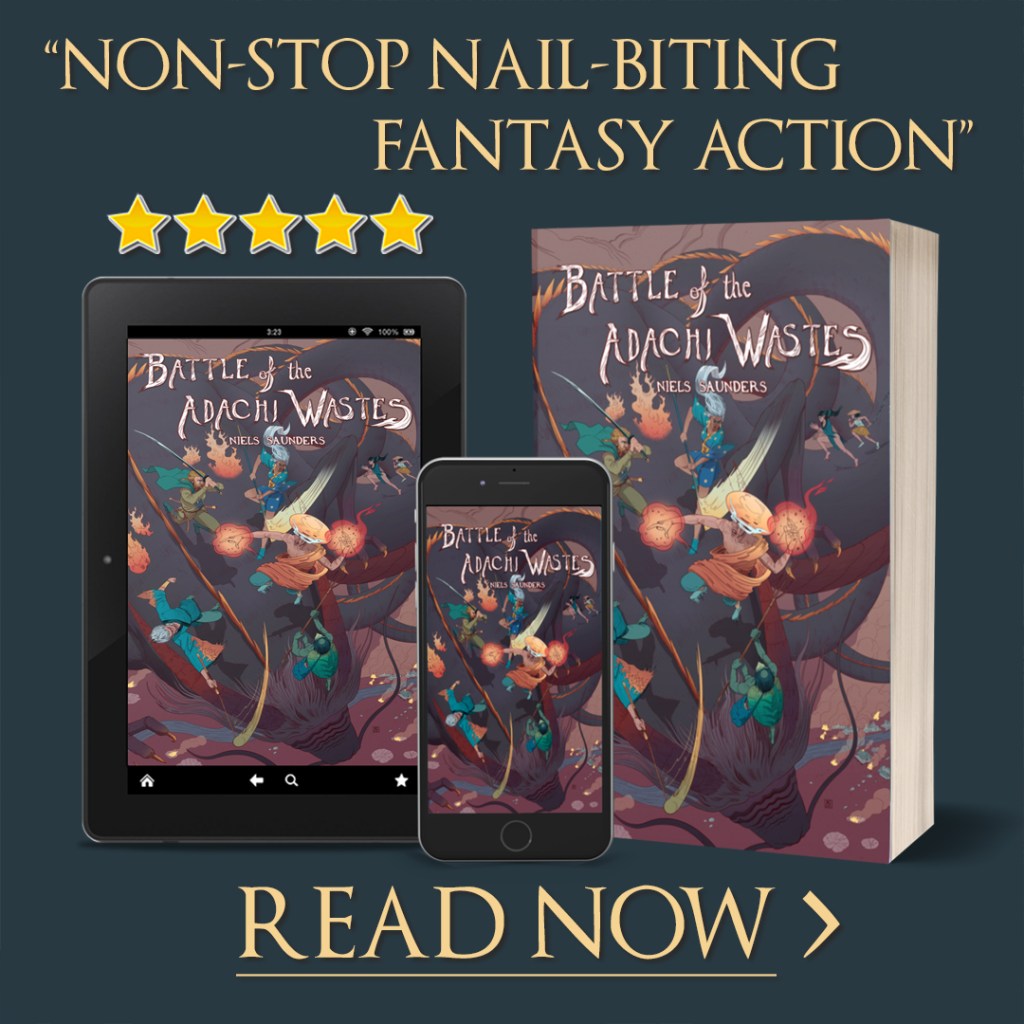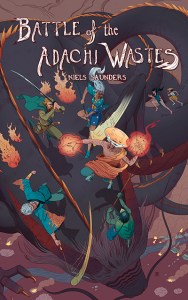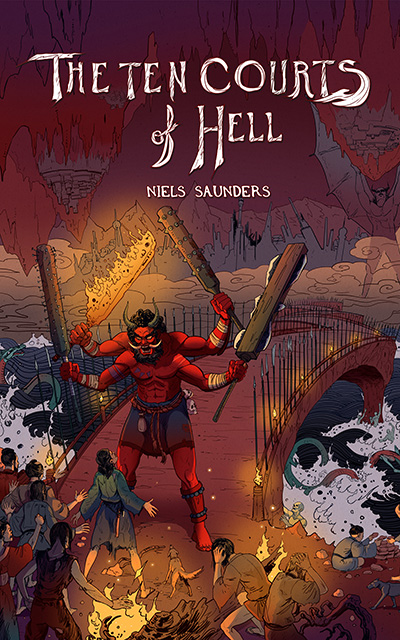
Hope in a Hopeless Land
Fifteen years after the Battle of the Adachi Wastes, Saru and his allies are scattered throughout a ruined kingdom. Onishi rules from the Necropolis, and a whole generation has never seen the sun, but the time has come to take up arms again…
World of Ruin is now available on Amazon in eBook, paperback and hardcover:
eBook
Paperback
Hardcover
Here’s the blurb:
Akame is defeated, but the world is lost. The undead roam the provinces and devils patrol the skies. Built upon the ruins of Miyako City, Empress Onishi rules from the Necropolis. Meanwhile, infernal legions raise their capital of New Pandemonia on the slopes of Mount Kazan where they await Estera’s return.
Fifteen years into the Century of Night, Saru lives in Edo City, one of Yamato’s last remaining strongholds. Drained of hope, he has long since abandoned his goal of overthrowing Onishi and returning the sun. All that changes, however, when a forgotten face from his past returns.
The only way to bring back the sun and end the Century of Night is to unite the three Imperial Regalia. With the Mirror Yata at Shouza College and the Sword Kusanagi in Onishi’s hands, only the Jewel Magatama remains. For years, the final celestial ship has remained elusive, but it is fated to soon appear at the Northern Shores.
Cover art by Nicolás Castell.
Don’t forget, all eight books released so far are available on Kindle Unlimited. If you bust a move, you can binge them all with a single month’s subscription.
Not only that, but the ninth and final book in The Legend of Saru is now available to pre-order. Champions of the Sun releases on January 18th.


















